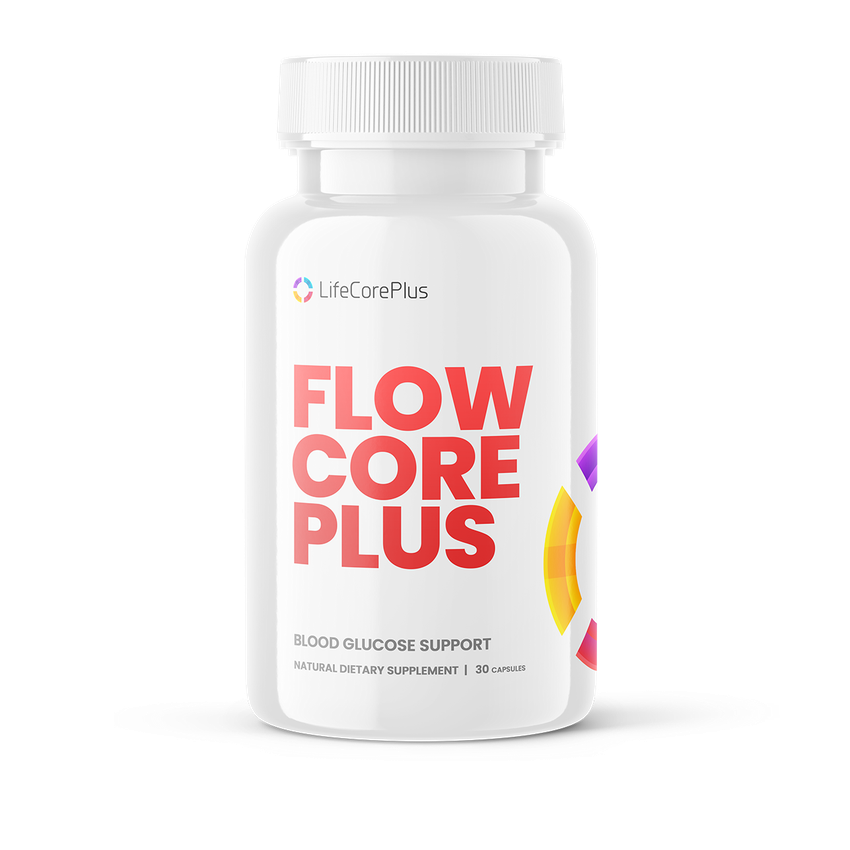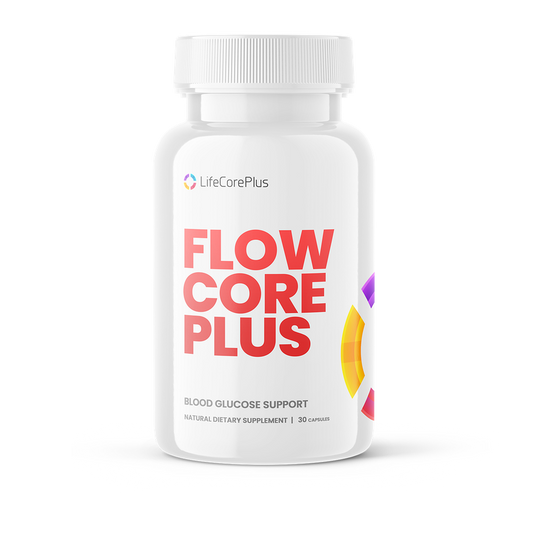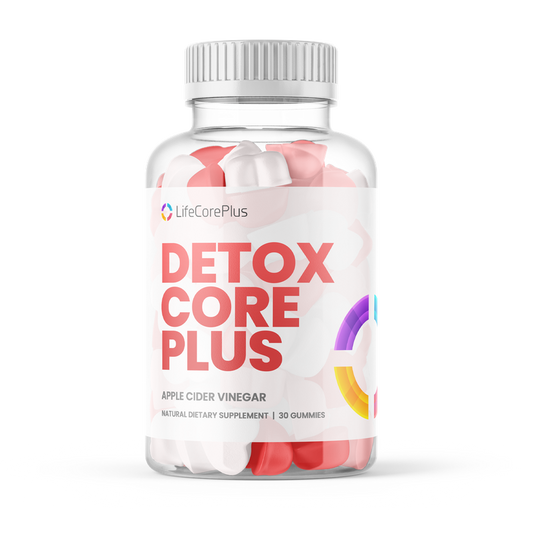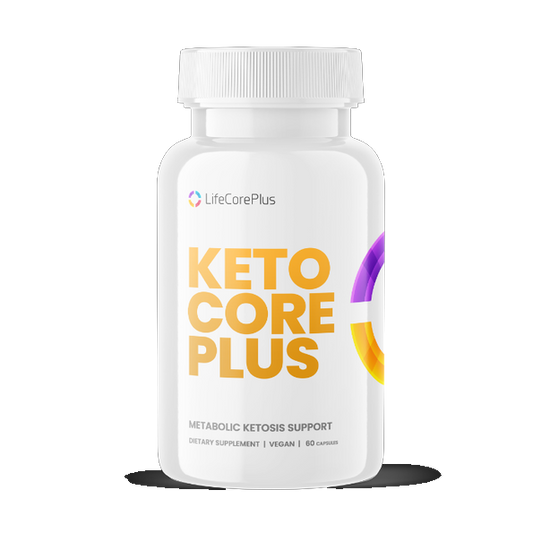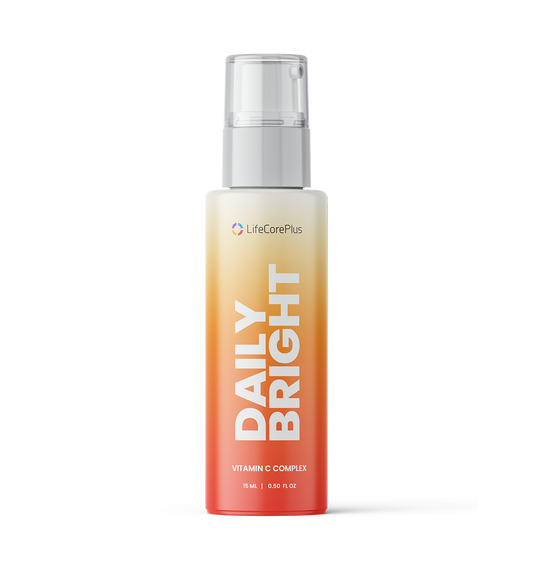
The Truth About Multivitamins: Useful or Overrated?
Share
Multivitamins are a staple in the supplement world. Chances are, you’ve taken one — or currently are. But between new research and contradicting opinions, many people are asking: are multivitamins worth it, or are we just buying expensive pee?
The truth is more nuanced. Here’s what you really need to know.

1. They help cover the gaps.
No one eats perfectly every day. A multivitamin can help fill in nutritional gaps — especially during travel, stress, restricted diets, or inconsistent meals. It’s not a replacement for vegetables or whole foods, but a support system.
2. Quality matters more than quantity.
A multivitamin with dozens of poorly absorbed forms doesn’t help. Look for methylated B vitamins (like methylfolate), chelated minerals, and active forms of nutrients. Avoid formulas that rely heavily on fillers, sugar, or synthetic dyes.
3. One-size-fits-all isn’t ideal.

Your age, sex, diet, and lifestyle all affect your nutrient needs. A pregnant person needs a completely different nutrient profile than a vegan athlete or a postmenopausal woman. Choose a multivitamin that reflects your real life.
4. Use it as a foundation.
Think of a multivitamin like a base layer — it supports your nutrition but shouldn’t be your only source of micronutrients. It works best alongside a real-food diet and specific supplements tailored to your goals.
5. The bottom line:
Multivitamins aren’t magic, but they’re not a scam either. When high quality and used with intention, they can be a valuable daily habit.
